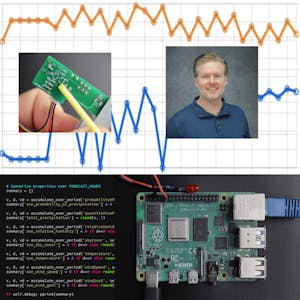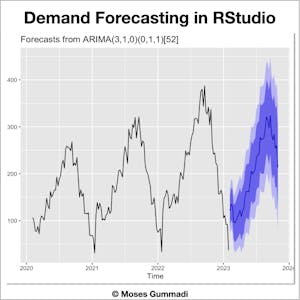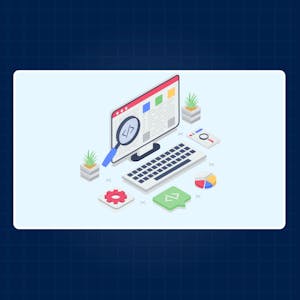Using Sensors With Your Raspberry Pi
About this Course
This course on integrating sensors with your Raspberry Pi is course 3 of a Coursera Specialization and can be taken separately or as part of the specialization. Although some material and explanations from the prior two courses are used, this course largely assumes no prior experience with sensors or data processing other than ideas about your own projects and an interest in building projects with sensors. This course focuses on core concepts and techniques in designing and integrating any sensor, rather than overly specific examples to copy. This method allows you to use these concepts in your projects to build highly customized sensors for your applications. Some of the ideas covered include calibrating sensors and the trade-offs between different mathematical methods of storing and applying calibration curves to your sensors. We also discuss accuracy, precision, and how to understand uncertainty in your measurements. We study methods of interfacing analog sensors with your Raspberry Pi (or other platform) with amplifiers and the theory and technique involved in reducing noise with spectral filters. Lastly, we borrow from the fields of data science, statistics, and digital signal processing, to post-process our data in Python.Created by: Johns Hopkins University

Related Online Courses
This Guided Project Demand Planning in RStudio: Create Demand Forecast is for Supply Chain and/or Operations Analysts. In this 2-hour long project-based course, you will learn how: - Analyse demand... more
Welcome to the Introduction to Ambulatory Healthcare Management course! This course provides you with a comprehensive understanding of the fundamental concepts and practices involved in managing... more
JavaScript Fundamentals begins with an introduction to JavaScript\'s role in modern web development, covering tool installation and writing initial programs. As the course progresses, you will: -... more
**Enroll in this Guided Project before April 2026, for a free 1-month trial to the Adobe Creative Cloud Suite!** By the end of this project, you would be able to create color gradients in Adobe... more
This Specialization provides an in-depth understanding of foundational software testing concepts, including static and dynamic testing techniques, test management, and essential tools for effective... more








